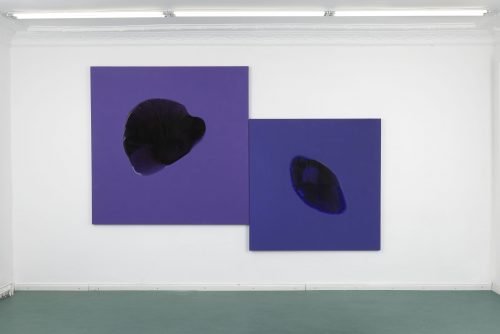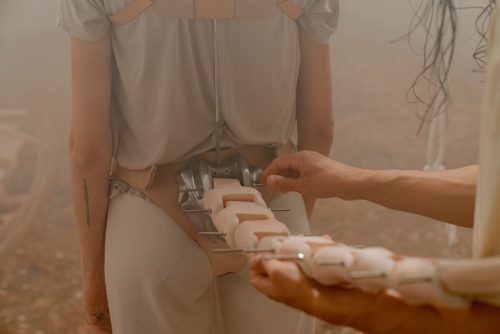
Groupshow
RESORT
Project Info
- 💙 Magma Maria
- 💚 Guilherme Vilhena Martins
- 🖤 Groupshow
- 💜 Guilherme Vilhena Martins
- 💛 Jakob Francisco
Share on
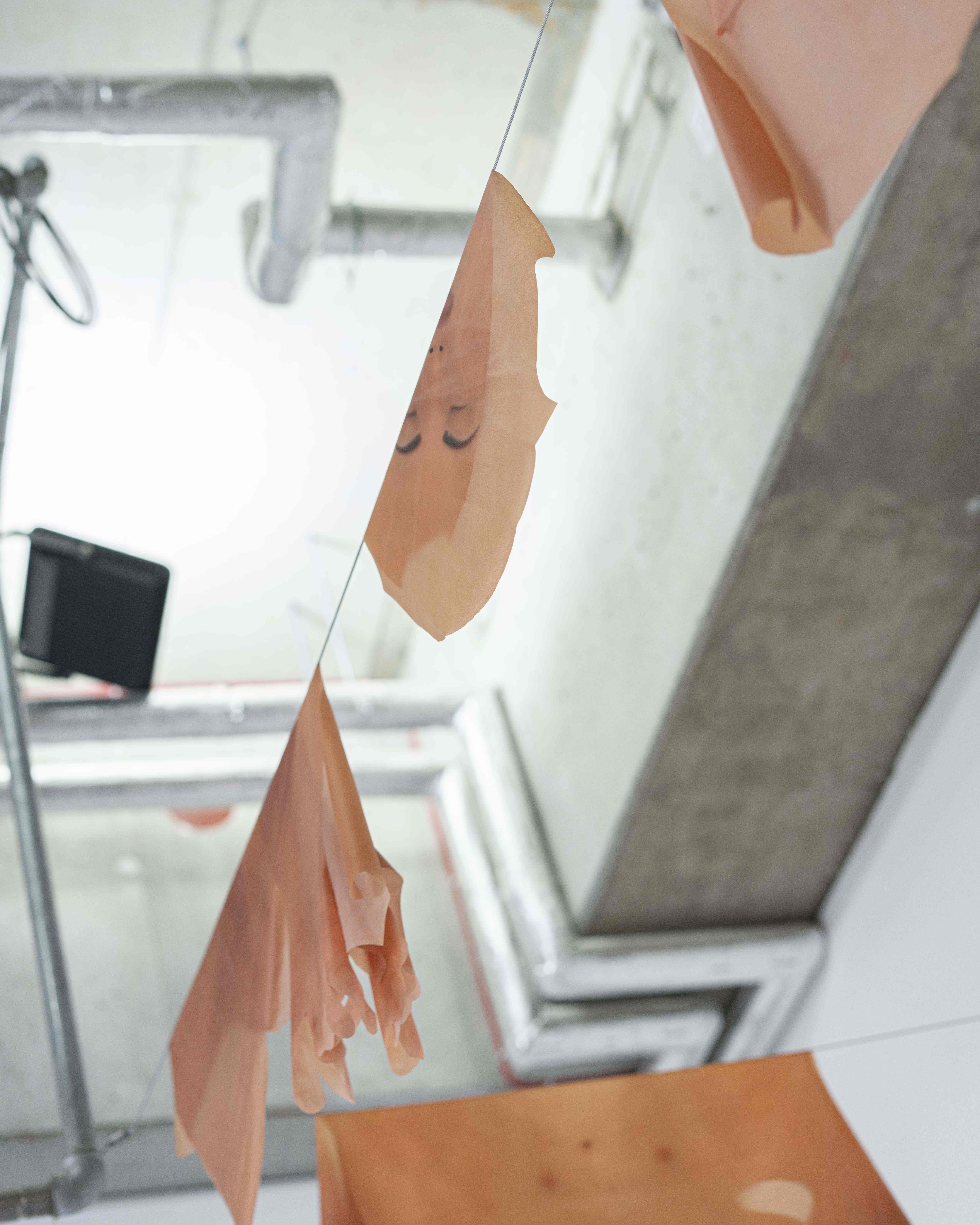
Seductive Girl. Malin Dorn, 2021. Detail.
Advertisement
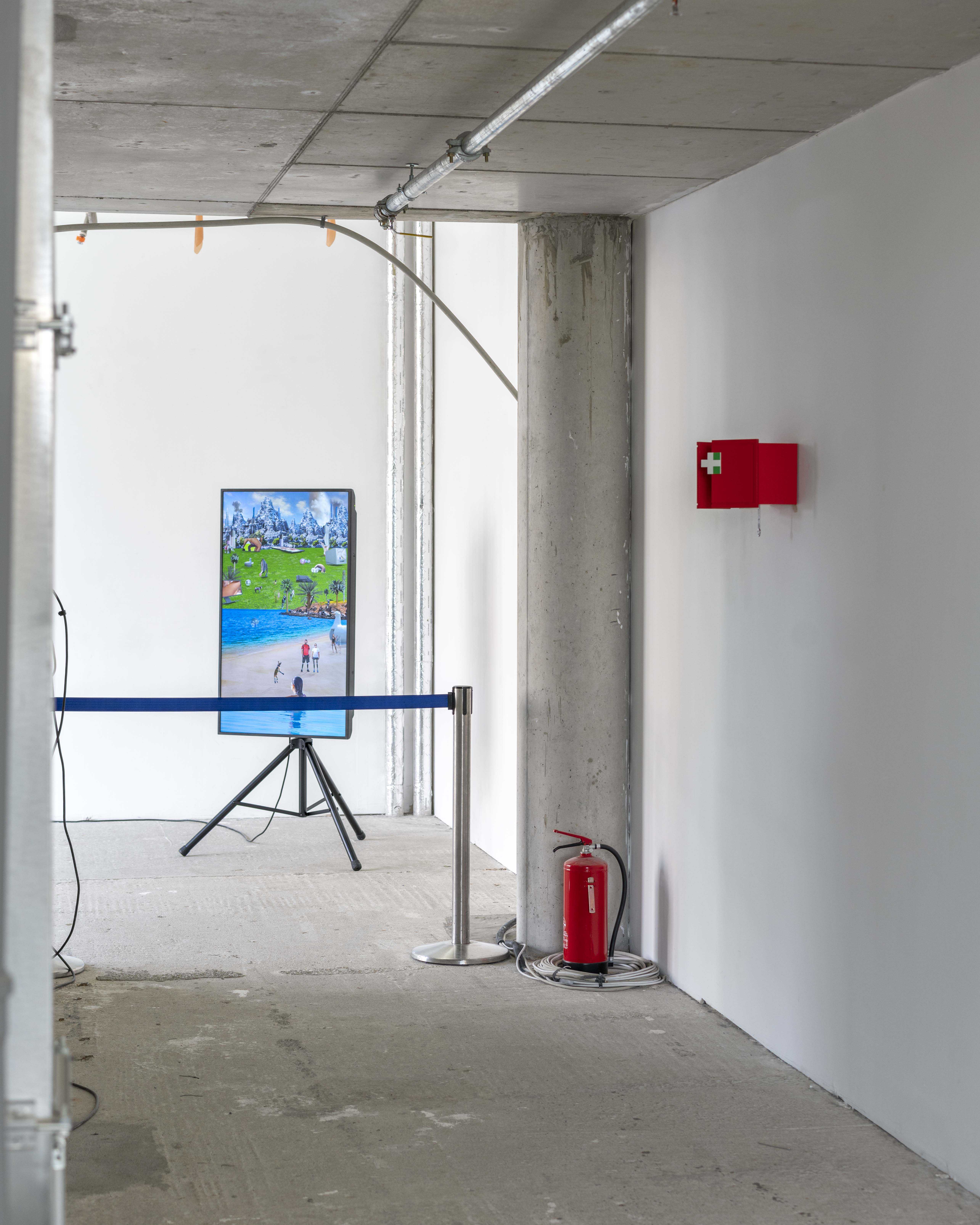
Installation view.
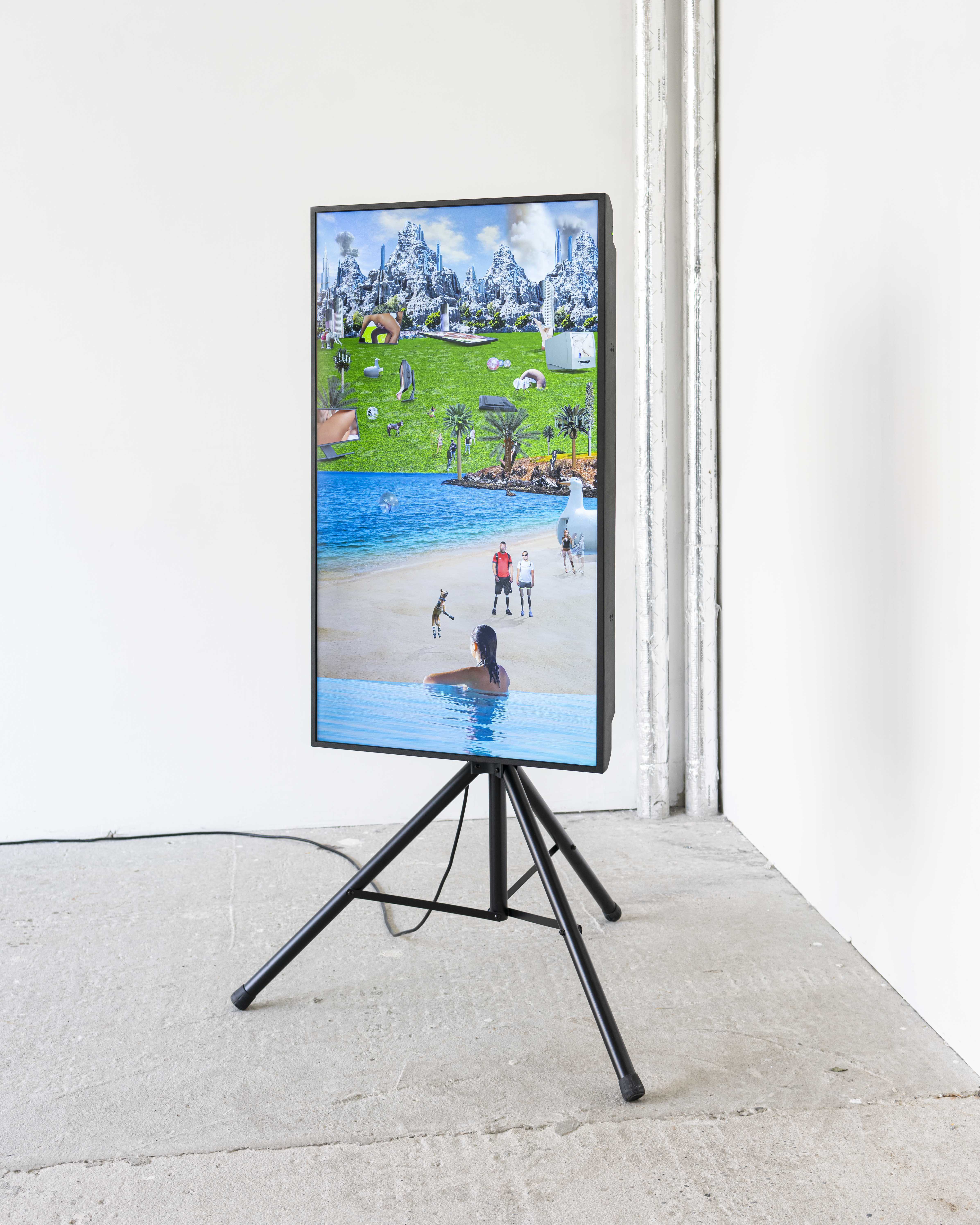
A Correspondent to The Garden of Earthly Delights. Malin Dorn, 2018.
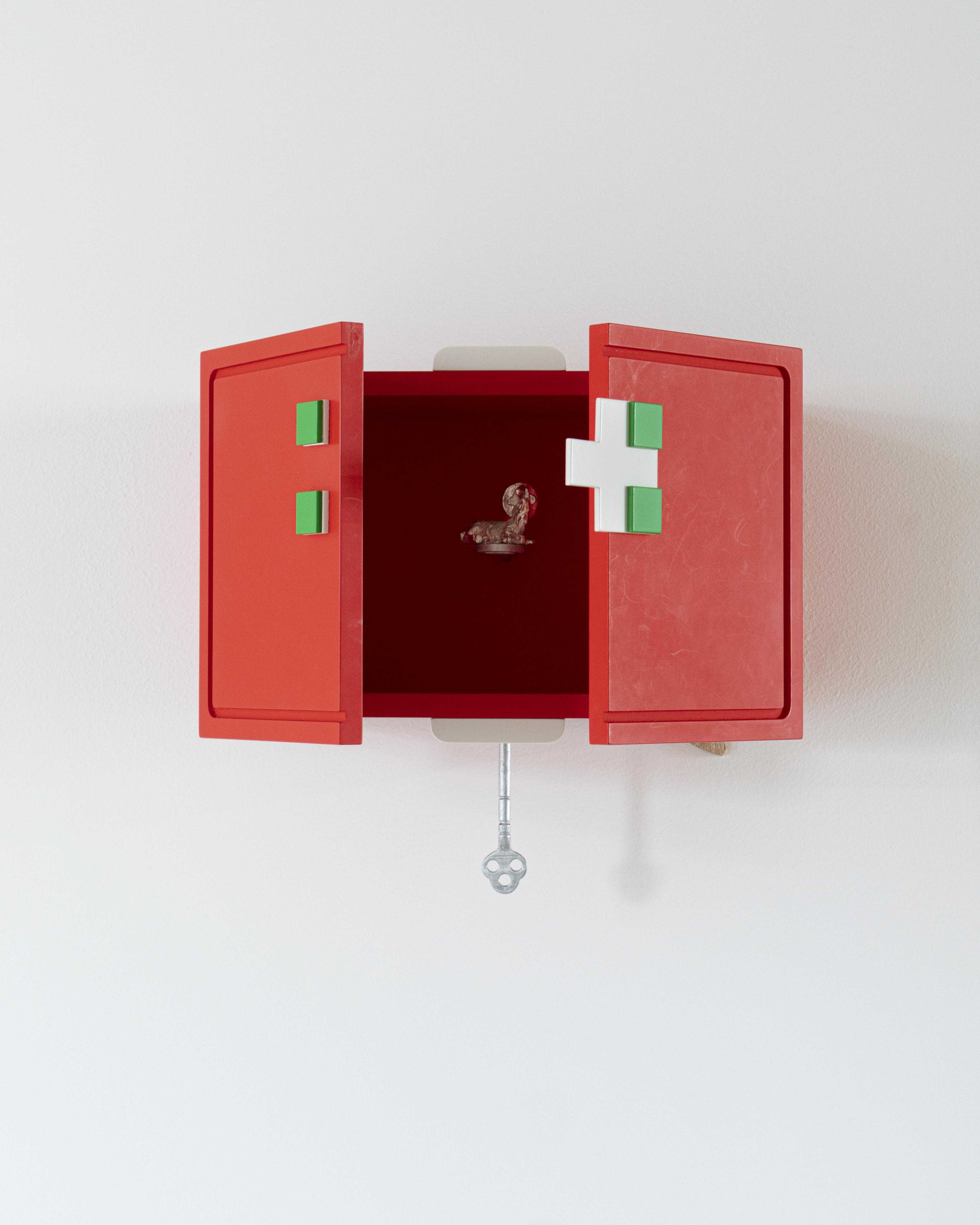
Vierte Hilfe Kasten. Akinori Tao, 2023.
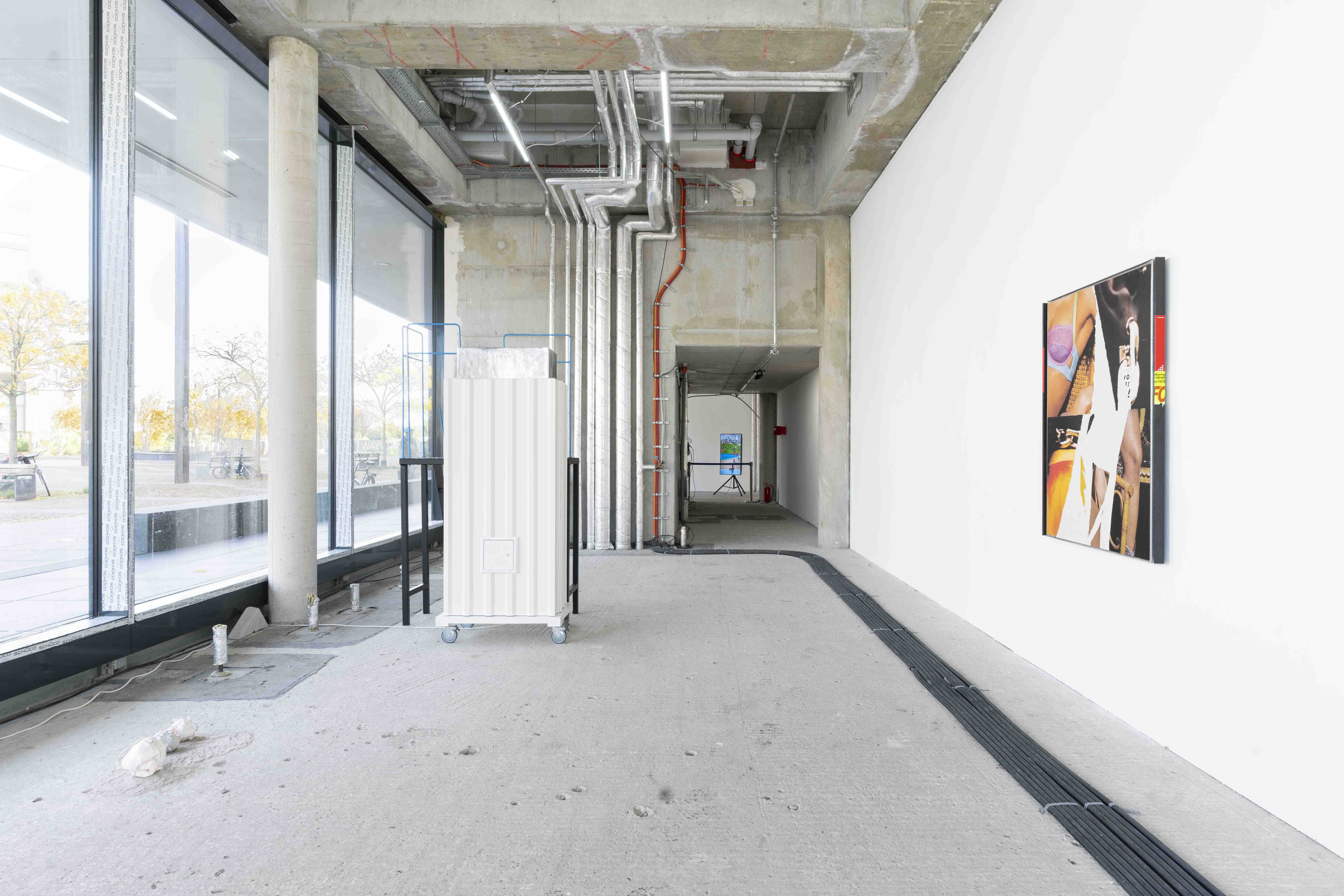
Installation view.
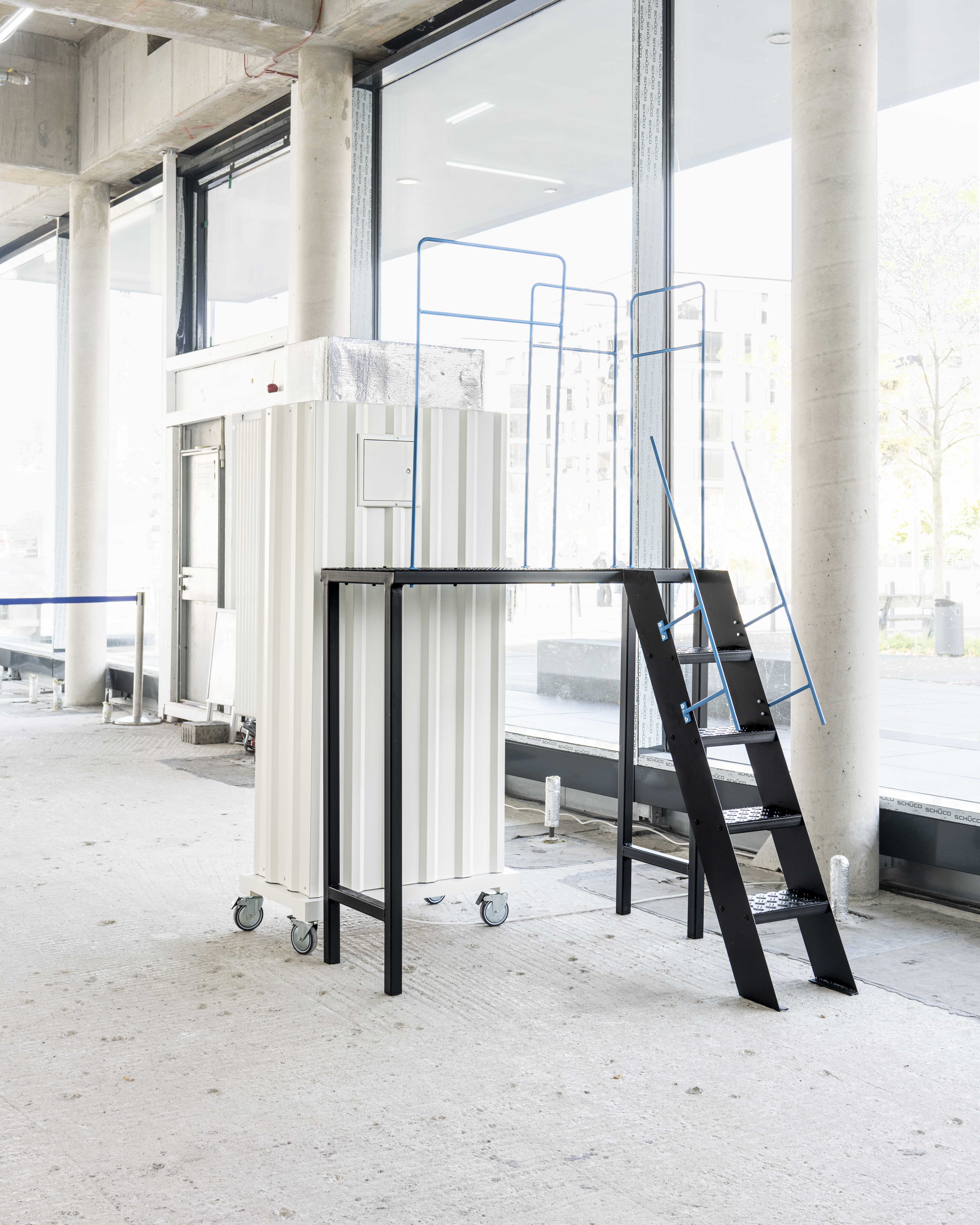
Feeding Porcelain for a more Sonic Archeology. Luzia Cruz, 2023.
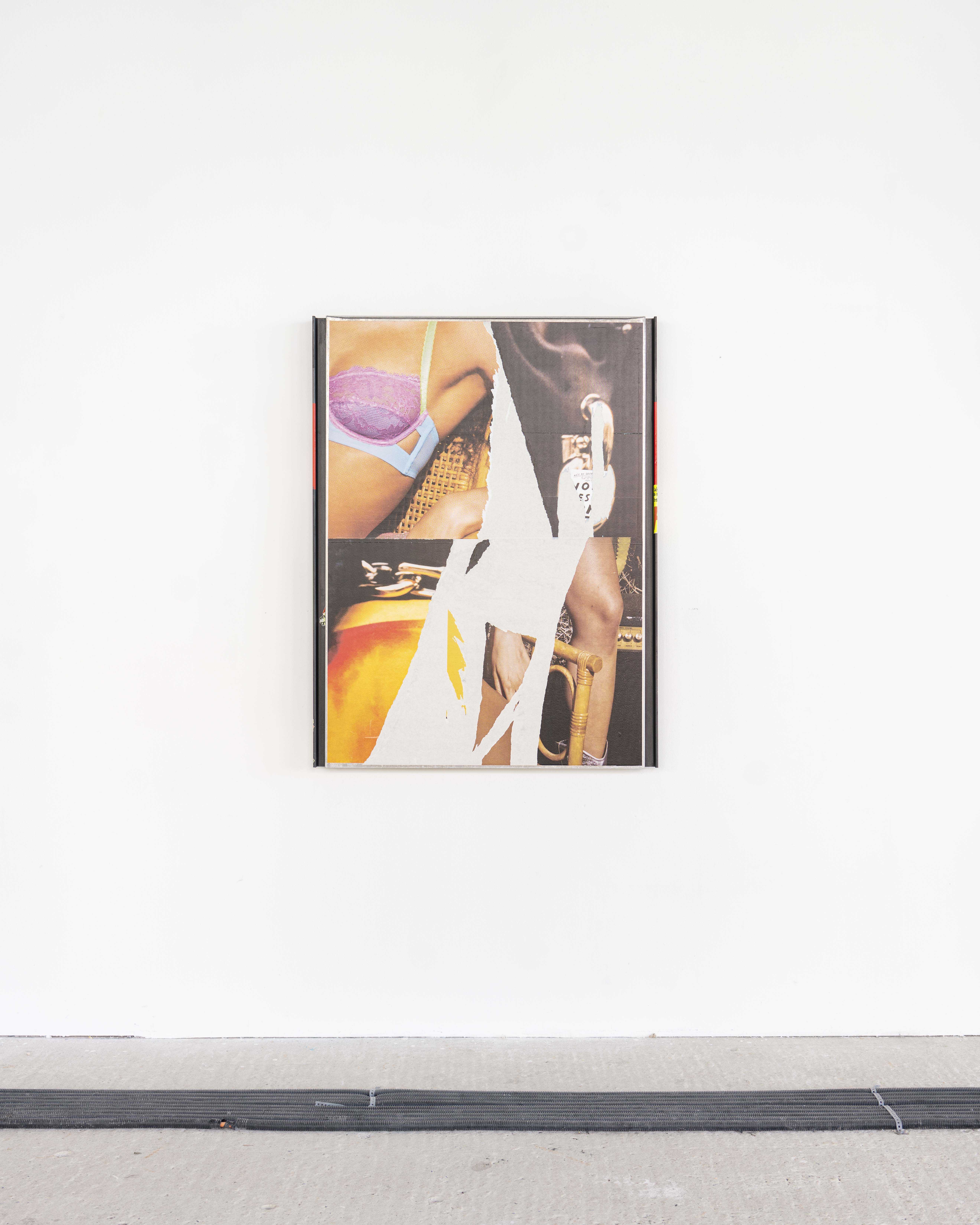
{FO}. Anna Stüdeli, 2023.
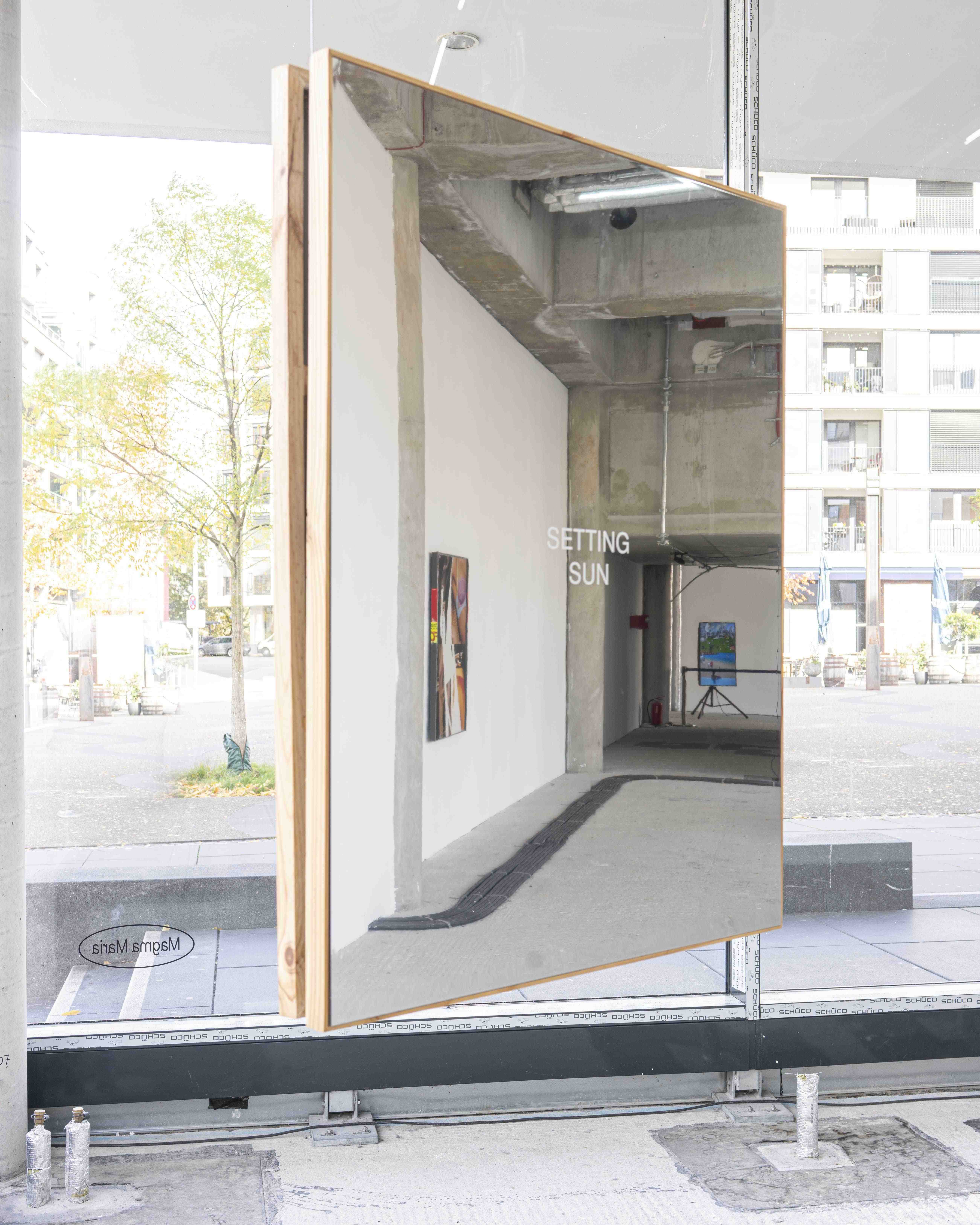
Setting Sun. Rodrigo Rosa, 2022.
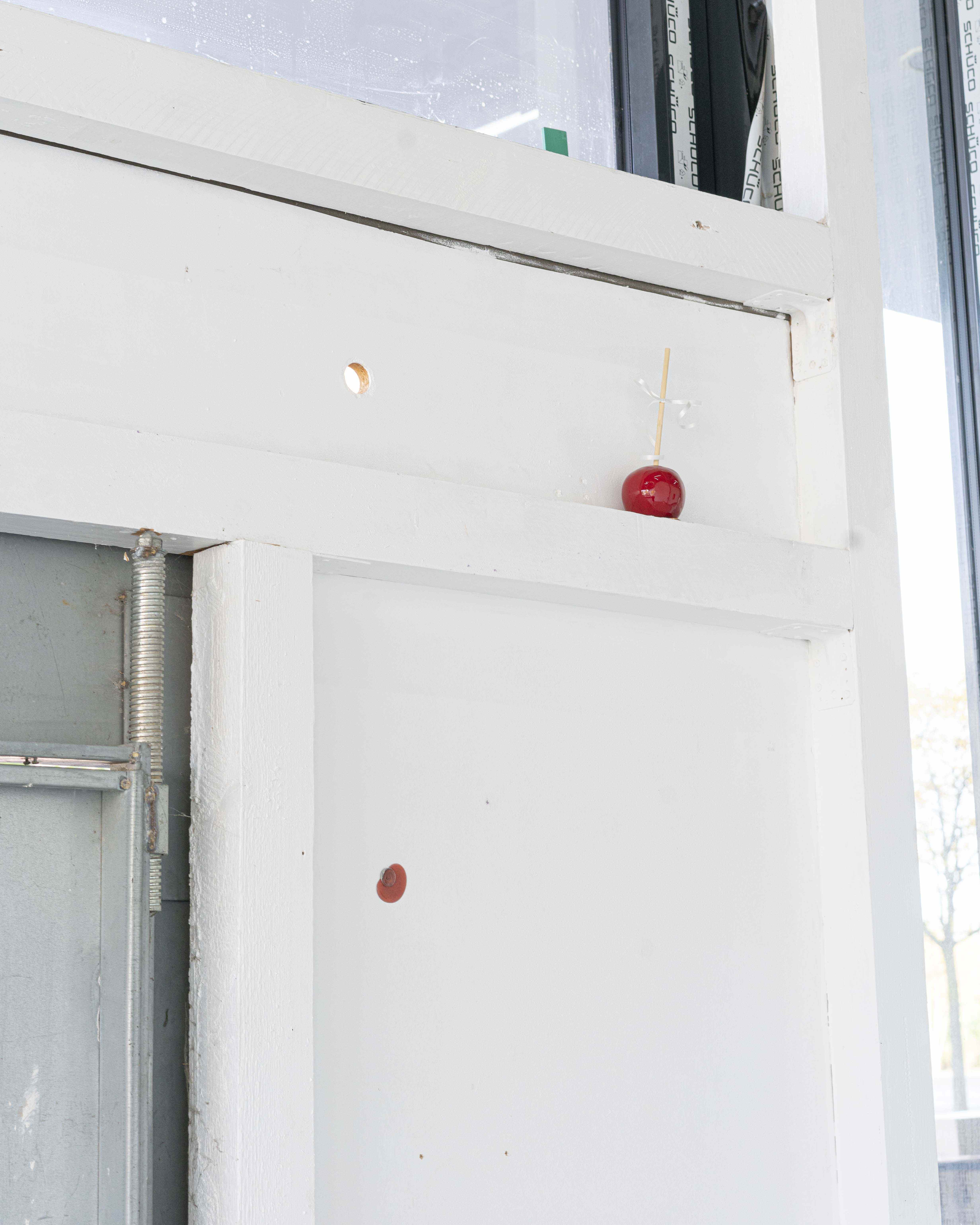
Zeitkapsel. Akinori Tao, 2023.
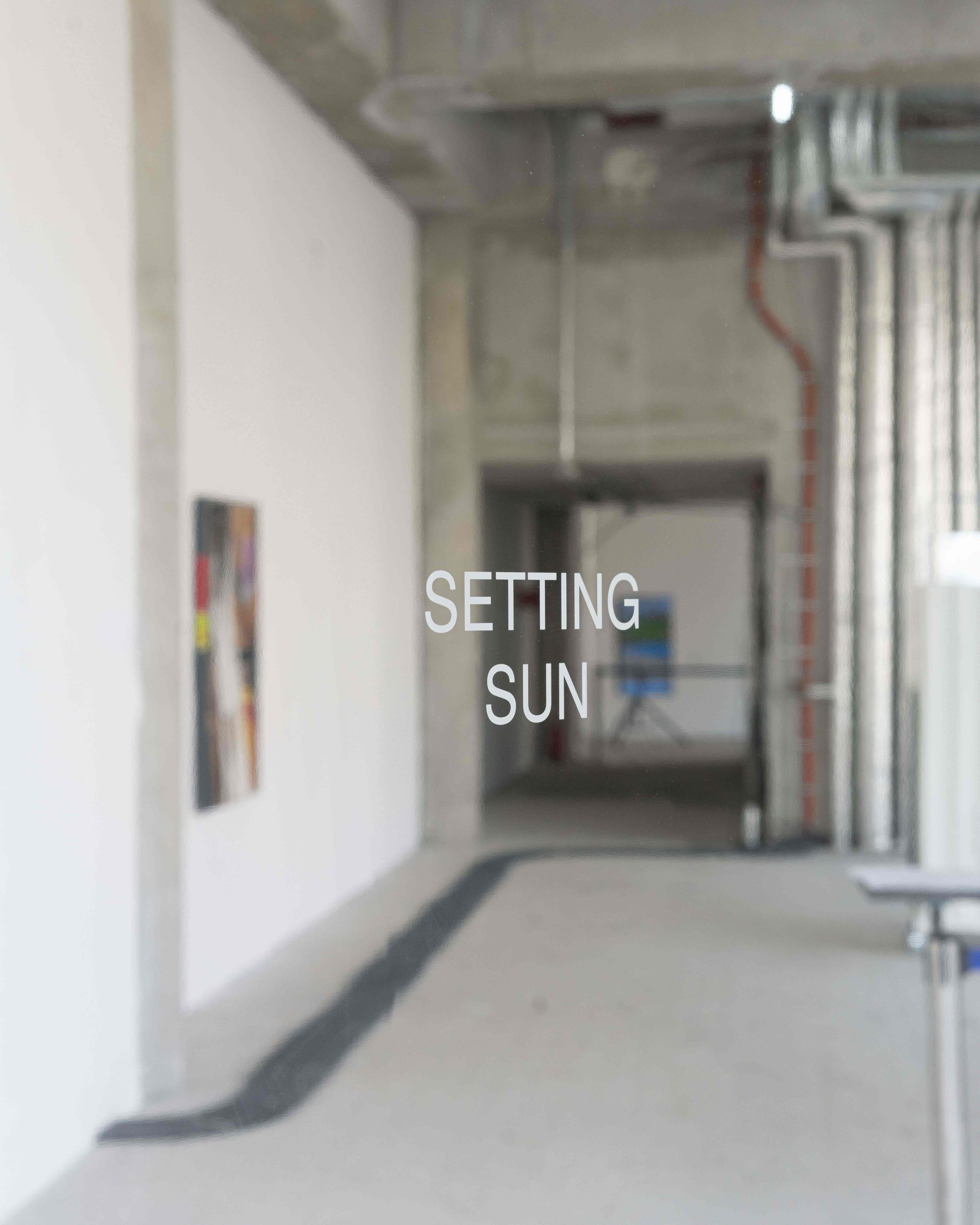
Setting Sun. Rodrigo Rosa, 2022. Detail.
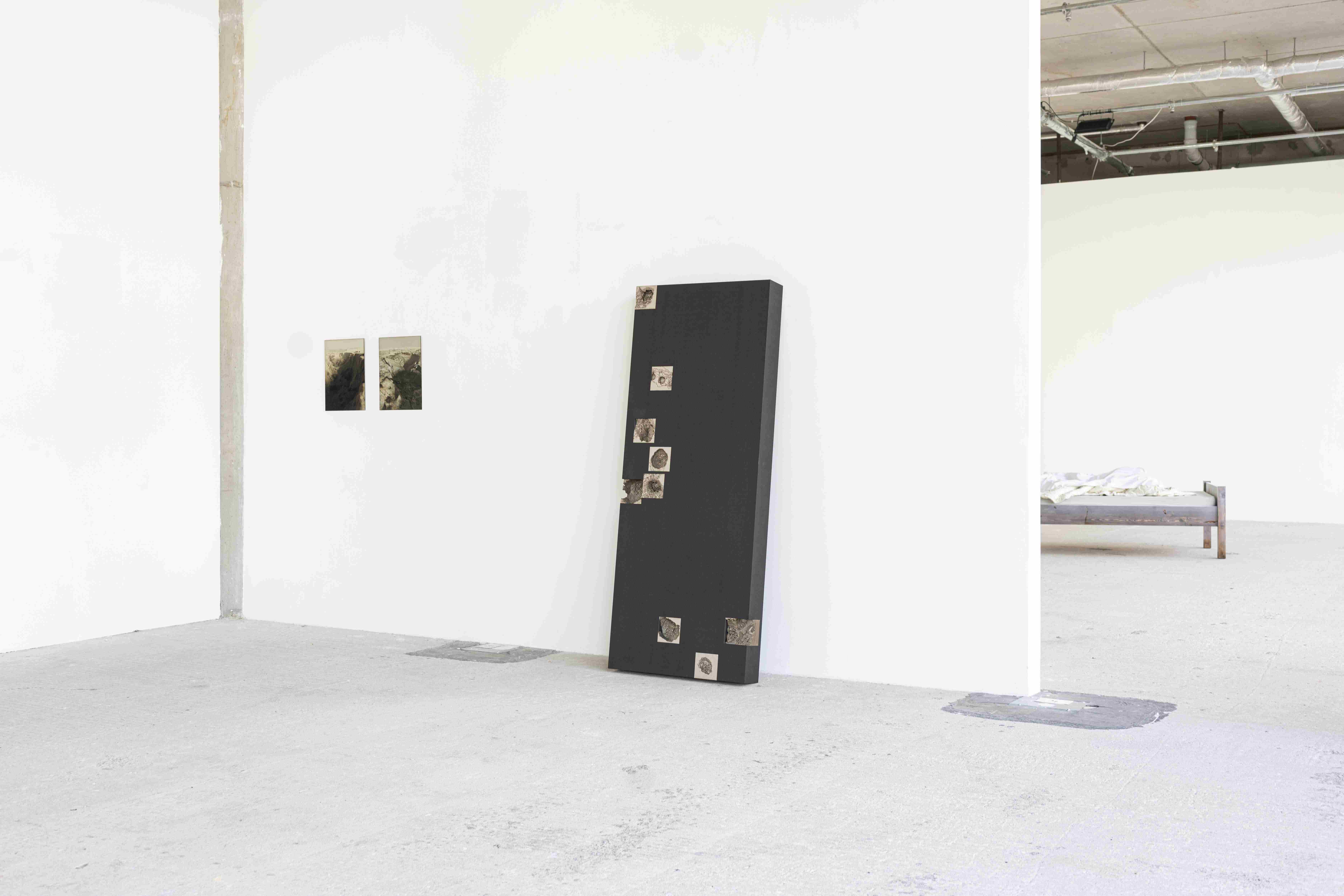
Installation view.
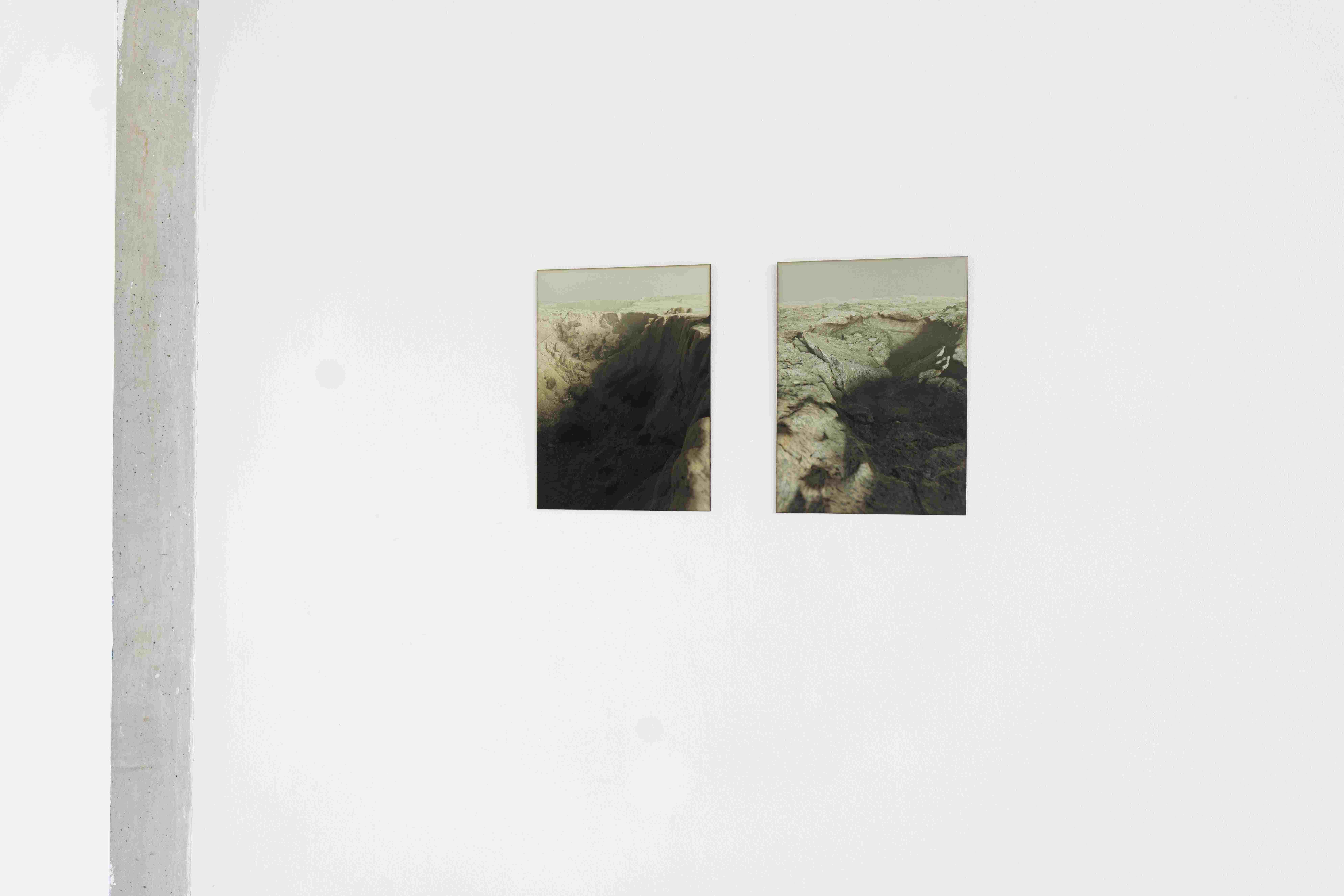
Sinkhole 1, Sinkhole 2. Maximilian Glas, 2023. Detail.
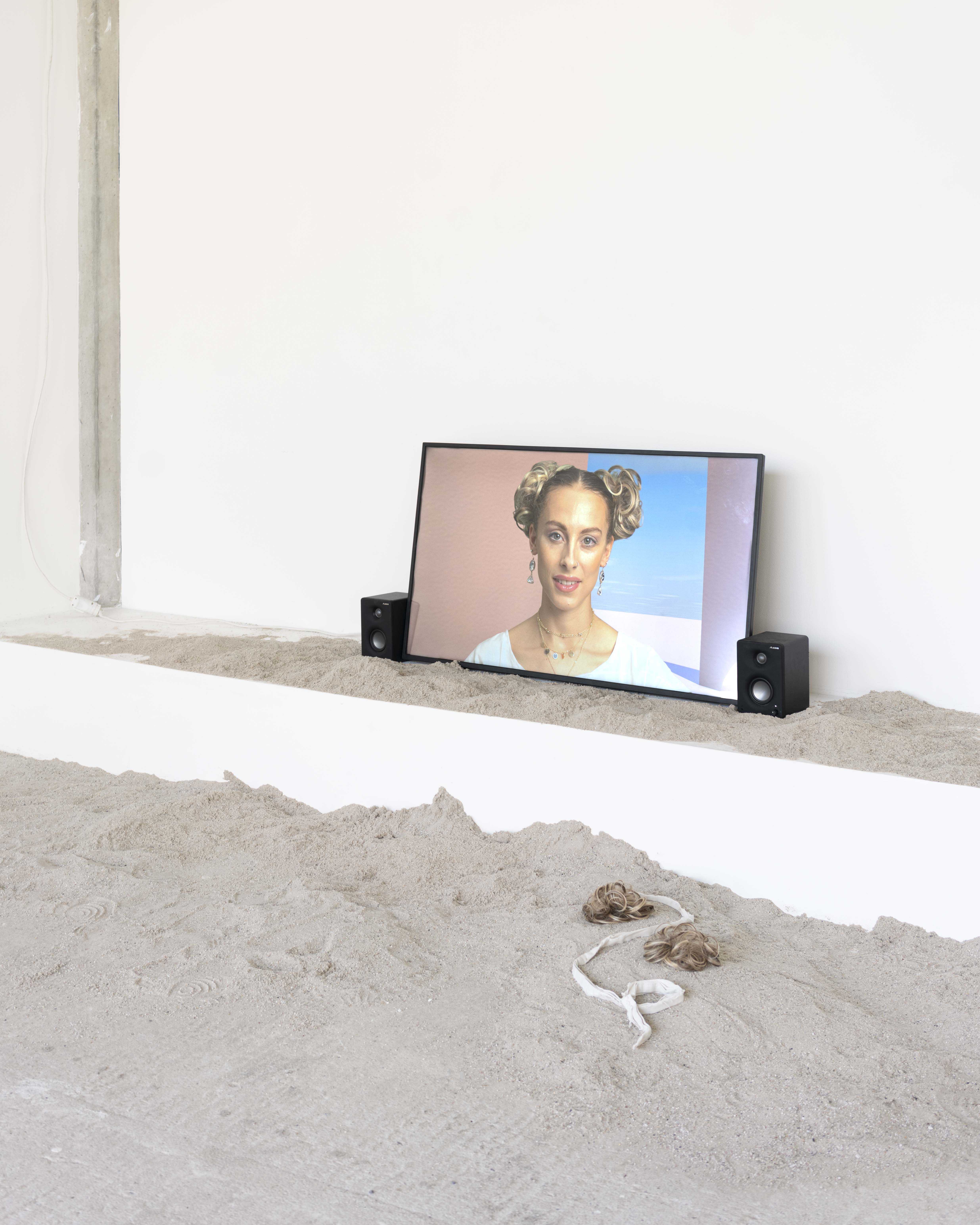
Intuition Money Love. Klara Kirsch, 2021.
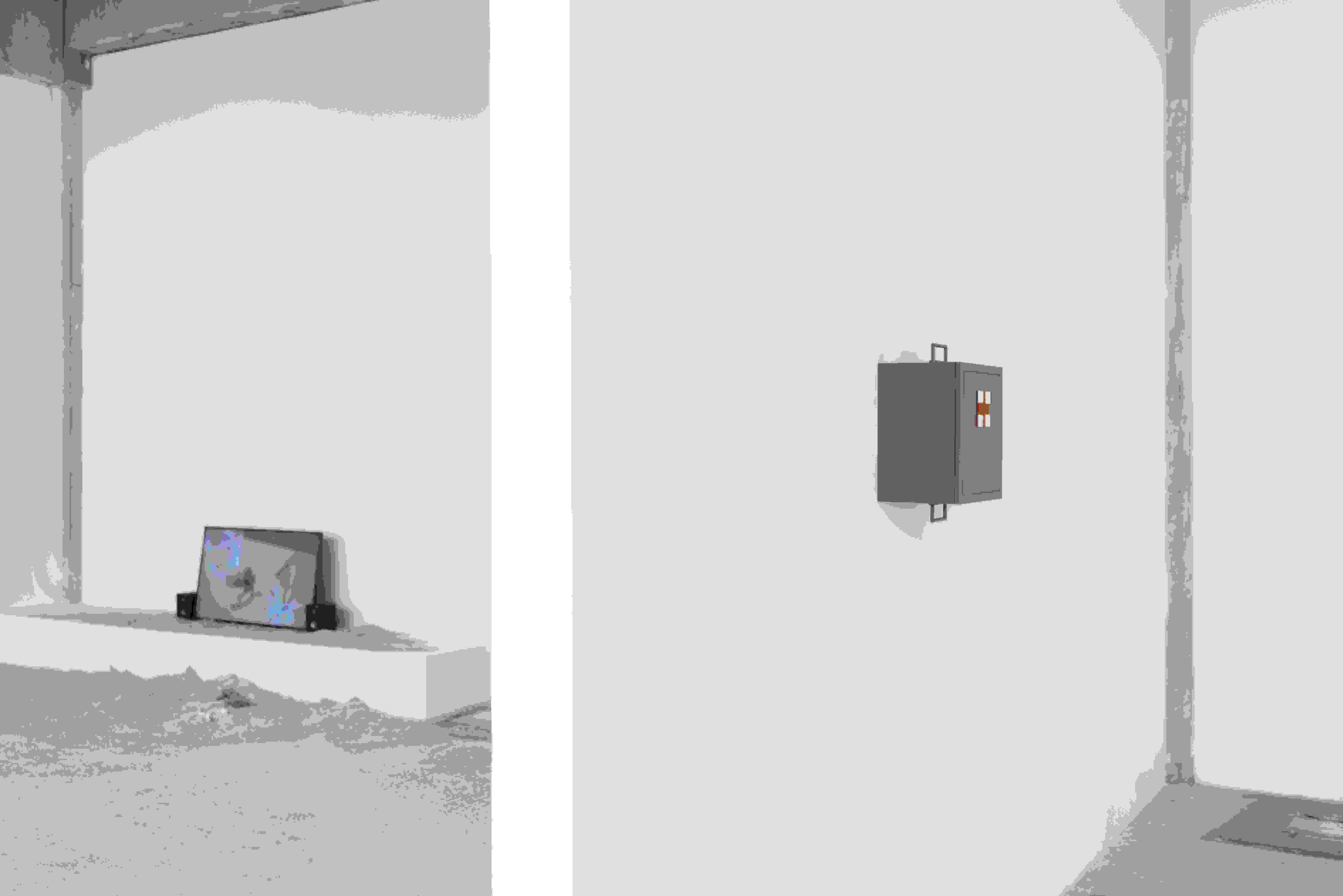
Installation view.
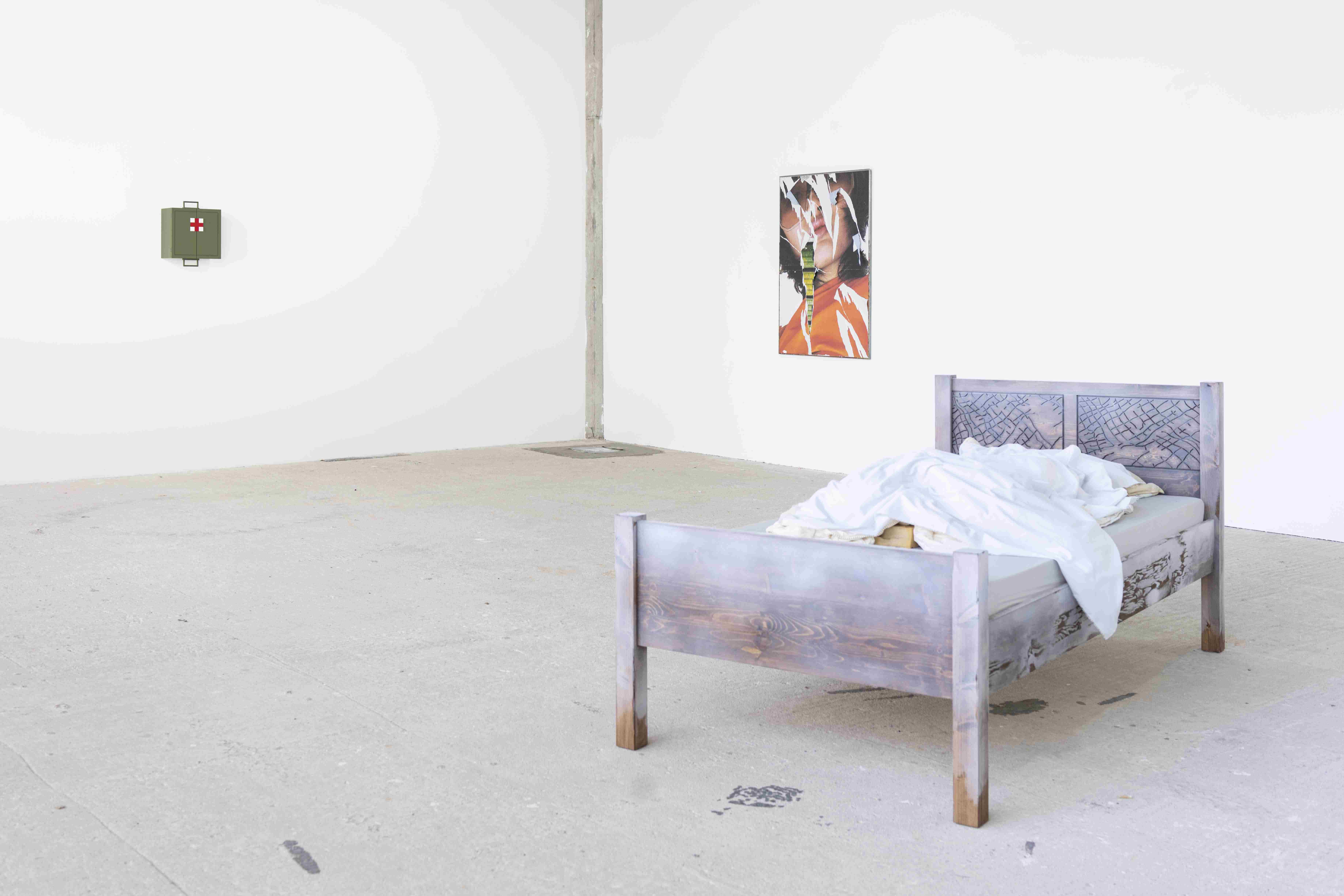
Installation view.
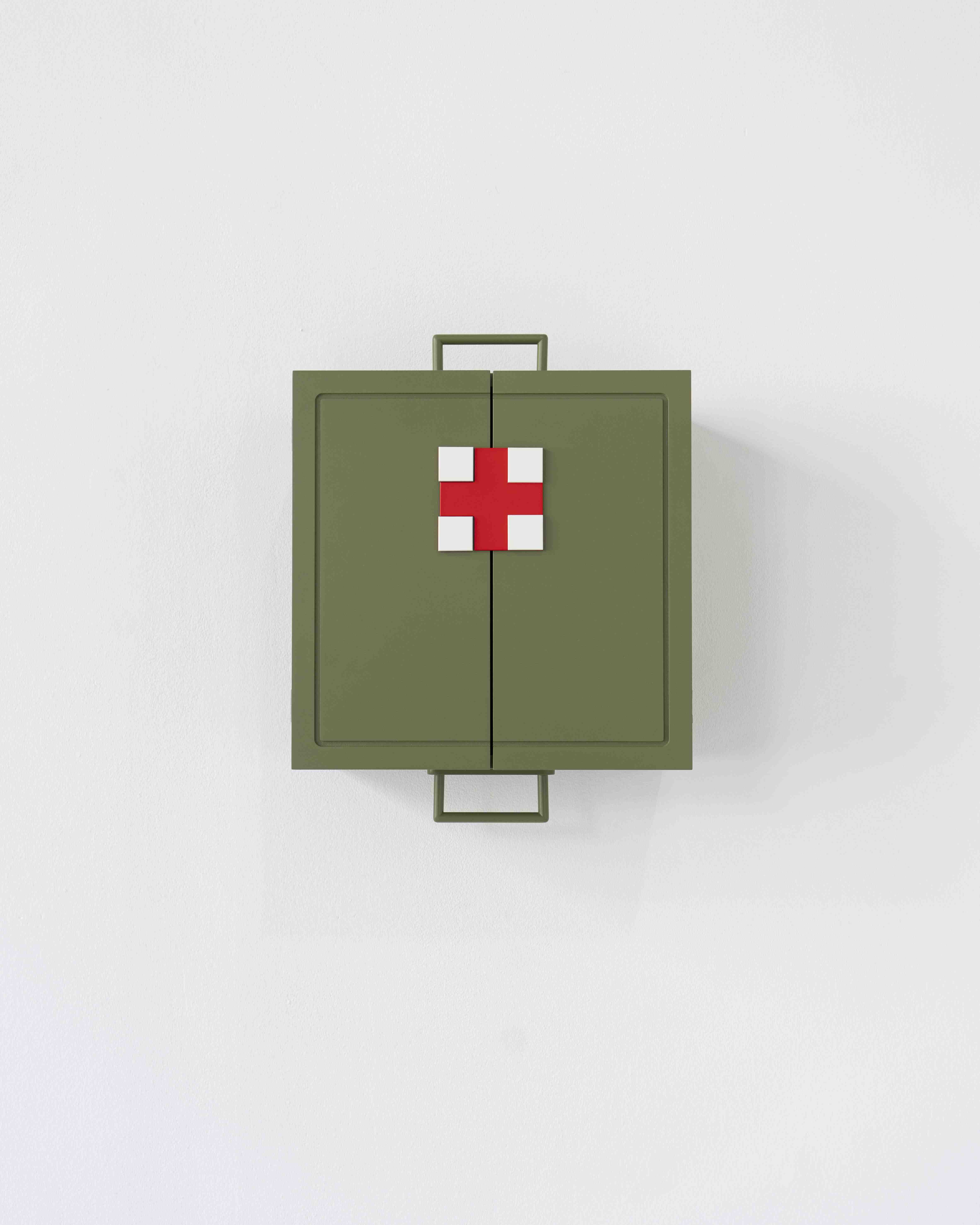
Fünfte Hilfe Kasten. Akinori Tao, 2023.
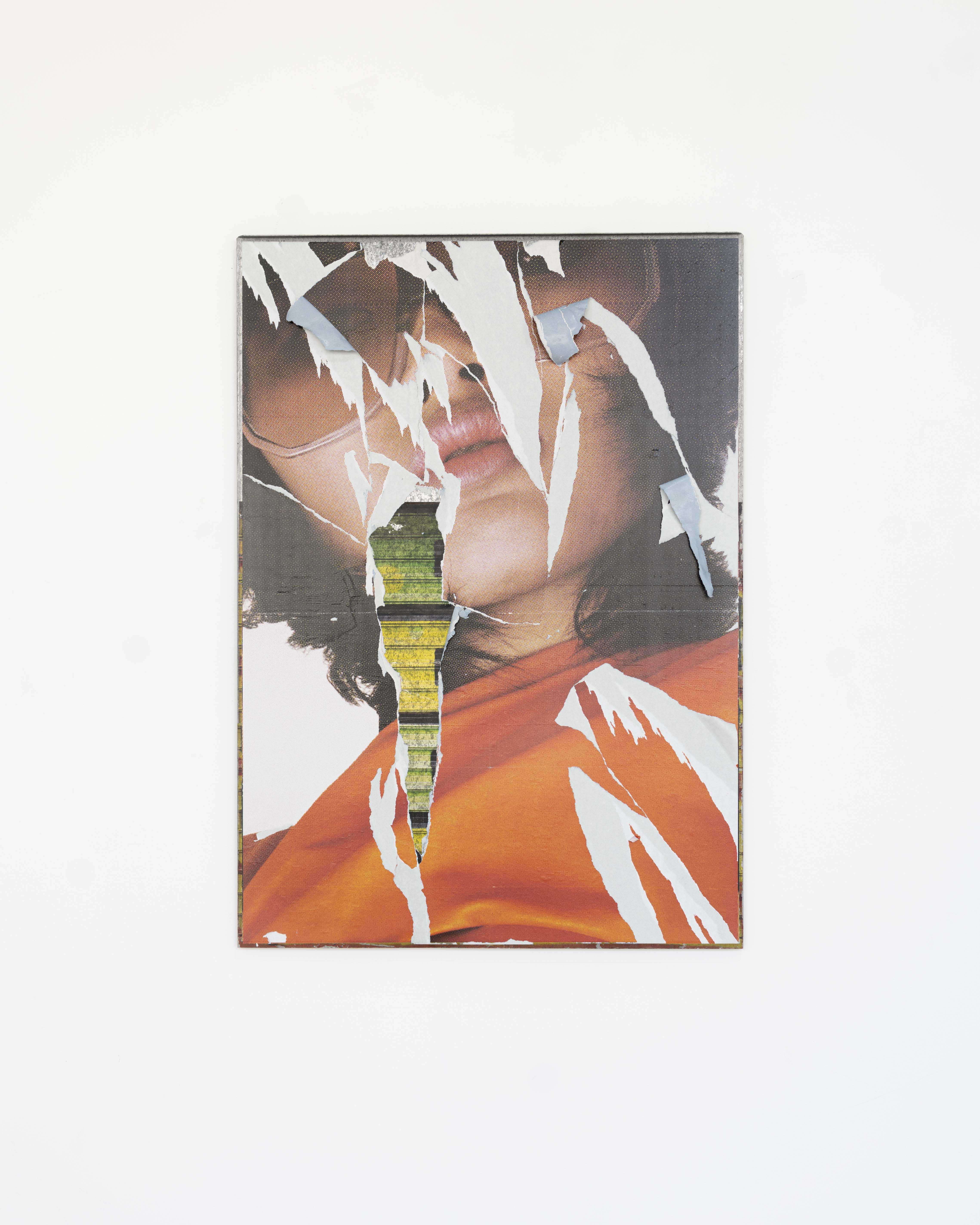
LOCO. Anna Stüdeli, 2023.
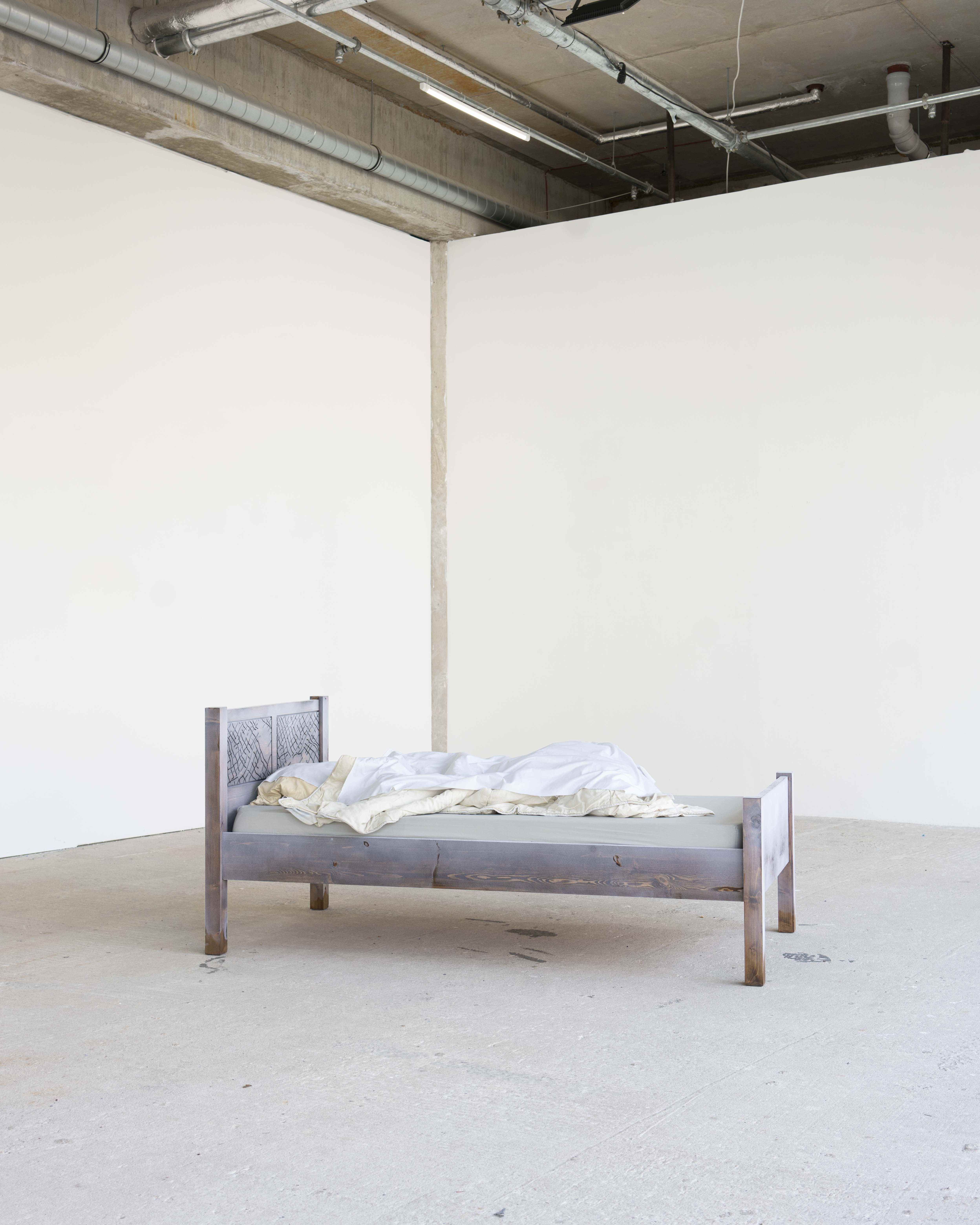
Scene of a Wrecked Ship. Jáno Möckel, 2022.
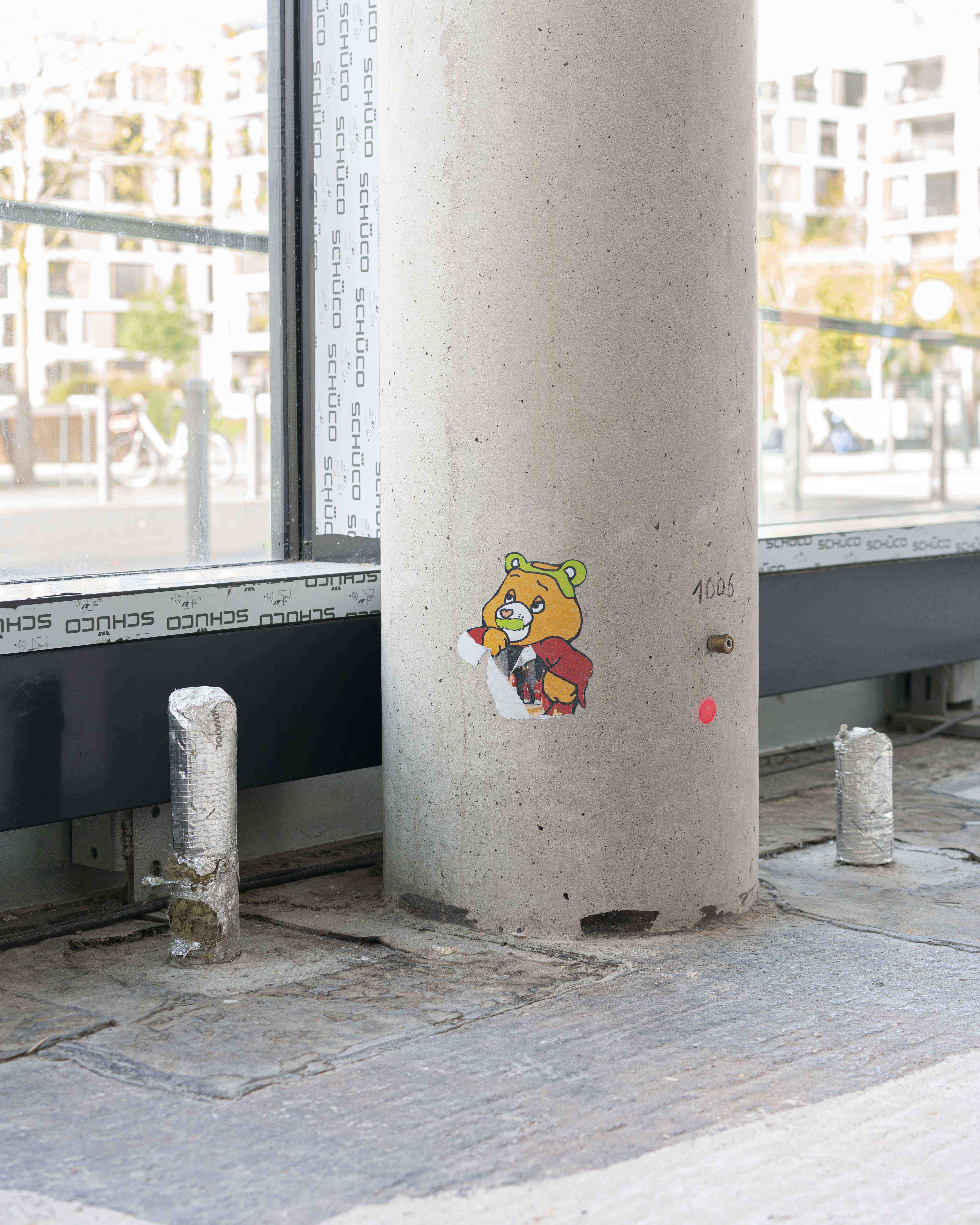
Teddy. Anna Stüdeli, 2023.
Holidays always go by very fast. Indeed, resorts are realms of acceleration, a place for stories, highlights, off-the-beaten-path expeditions, beauty rituals, flings, and fancy dinners. Everything. Or that is at least what they are designed to be: an autonomous universe with all sorts of micro-narratives at hand, beyond and fulfilling. But time runs fast. And as with anything that runs out in capitalism, there is a need for more. Thus resorts get bigger, broader, richer, more abundant.
In a way, this speed might have to do with the fact that novelty ages fast. In an accelerated world, where novelty emerges and is rapidly replaced, whatever is groundbreaking may easily turn into something outdated, entertainment as well. At this point, it probably makes sense to split time into ordinary and extraordinary periods. For there seems to be an important difference between the realm of novelty, the extraordinary, and the ordinary - a term coined with the notion of ‘work’ -, time associated with routine and repetition.
In itself, tourism is not a recent phenomenon. It has always been there to provide a means of escaping. The idea of creating an autonomous complex is not new either. Roughly 2600 years ago, the Sanctuary of Asklepios in Epidaurus, Greece, already hosted religious tourists in a huge complex of different facilities, including baths, sports fields, places for accommodation, a library, and a hospital. The purpose might have been religious, but the form was already industrial. Whoever went to Epidaurus would get anything they wanted there. The complex was enough. Some millennia later, yoga by the pool might have replaced Asklepios, but a tourist is still
someone traveling for business or pleasure.
Still, a distinctive characteristic of resort tourism, however, is the fact that often people go very far just to end up doing nothing (time, once again - for a place should also be extraordinary. And distance is time, too). This also works the other way around, as there may be pressure to do a lot just because of the effort it takes to get to a certain place. Either way, resorts are supposed to offer anything from scuba diving to safaris, preferably accompanied by unlimited food and drinks. The point is that you want to be away and everything must be perfect. It could almost be said that resorts are there to provide a repetition of novelty.
As everything must be perfect, the process of making reality match expectations is complex, as a little tour of any sort of travel blog will illustrate. What is the rainiest month in Tahiti? Do you need a jacket in Tulum? How fast is Lufthansa’s wifi? Are Greek beaches better than Phuket? Is the Mona Lisa worth seeing? What's the no. 1 selfie spot on the planet? Which country has the cheapest 5-star hotel? Whatever it is that a tourist is looking for, a stay should equal fulfillment.
Above all, that self-reflective tendency holds because resorts operate along the lines of desire. Tourists are attracted, seduced, fulfilled, and sometimes disappointed or upset. And because desire may be seen as a sign of a particular motivation, what resorts offer may provide important answers for what that motivation is. As an example, Resorts World Genting in Malaysia, currently the biggest resort in the world, consists of “about 10,500 rooms spread across 7 hotels, theme parks, and entertainment attractions, dining and retail outlets, as well as international shows and business convention facilities”, according to Tripadvisor.
On the other hand, places such as resorts belong to the few where the most contrasting
elements may be mixed. Within the reach of every guest, there might be a spa or a club, a
casino, a farm, or a sailing club. Often, very wealthy people coexist with very underpaid people; bounty coexists with scarcity. A golf course might just as well be surrounded by a desert.
What kind of leisure is all of this supposed to be providing? How is it structured, and maintained? Thus plenty of others may arise. For instance: has freedom become intimately associated with consumption? How are resources being used to sustain such consumption? Which places are being consumed? Which people? Should this hyper-version of experience - leisure - be seen as a reflection of the promise of a hyper-version of oneself? How much does it take to be fulfilled? Should the ultimate experience of being lodged be anonymous or domestic?
Aiming to capture and mirror the tension between these issues in space, RESORT provides a platform for the discussion of these and further questions in the form of a material inquiry. Correspondingly, the works in view at Magma Maria present multiple, possibly conflicting positions, tracing an itinerary based on two fundamental ideas: first, the notion of a ‘forum’, a space where different positions interact and coexist; second, a sense of ambiguity created by the tension between joy and violence. This tension is often in play in places such as resorts, which are physically structured by the threshold of domesticity and anonymousness.
In the future, resorts might not exist anymore but holidays will probably still go by very fast. Just like now, time, boredom and pleasure will remain structuring elements throughout. At this point, simulation is probably the most effective way to critique and repurpose the tourism industry. As with any active, entangled structure, it is very unlikely that any sort of inquiry will provide a full, comprehensible critique of how that structure came to be and ought to be changed or subverted. Still, RESORT provides enough elements for an ambiguous stage to be built, a place that can be seen either in construction or as a functional young ruin. That is a state resorts often find themselves in. In the end, it might as well be just a matter of acceleration.
Guilherme Vilhena Martins


